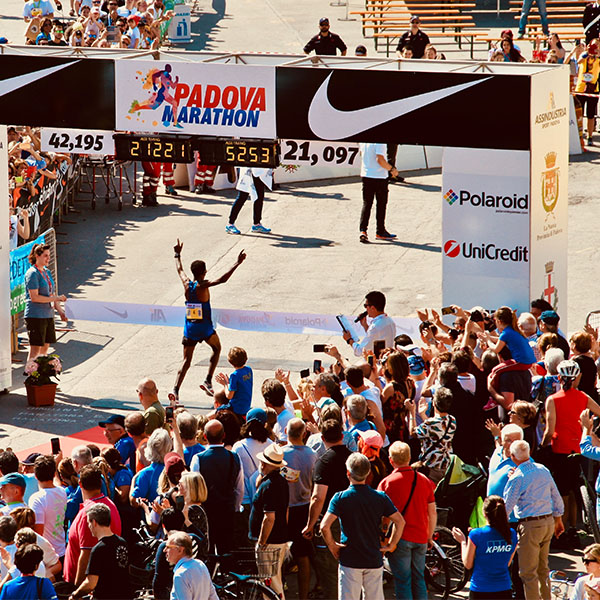Sport psychology is an ever-growing field. With such broad areas of practice and research, it is understandable that many practitioners specialise in certain domains. Psychologists can optimise and deliver sessions within their areas of expertise, but what about the areas they don’t specialise in? What if these areas are more tailored to meet the needs of the athlete? What happens then?
There is no one true method or technique that will meet the psychological demands of every athlete, therefore blending strategies can be very beneficial. If sport psychologists integrate their specialised knowledge together, it can maximise the support an athlete receives. Not only is it rewarding for athletes, but also for practitioners.
The sport psychology team here at Inner Drive have been putting together a handy guide of what integrated sport psychology support is, whether it helps athletes, and how it works. Here it is…
What are integrated sport psychology support teams?
Integrated sport psychology support is the process of blending together scientific approaches and experiential knowledge. This provides specialist support for athletes and allows for a better insight into athletic behaviours.
This type of psychological support can be exercised through the creation of integrated teams. Sport psychologists who specialise in different domains can be brought together to work with athletes. Practitioners can combine their specific approaches to form interventions that enhance performance through psychological means.
5 benefits of integrated sport psychology support teams
A support team allows for the merger of specialised approaches when forming interventions. Each professional’s expertise can enhance the intervention programme, making it more effective for the athlete. Research has shown that the blending of techniques and knowledge can have five main benefits:
- Providing optimum support to athletes in multiple areas
- Helping conduct a better assessment of athletes’ needs
- Creating more suitable and personalised interventions for athletes by combining different methods
- Allowing practitioners to adapt techniques more easily to the athlete’s situation
- Each practitioner can provide a specific strength to the intervention programme
What does the latest research say?
In this recent study, three practitioners specialising in different areas of athlete performance worked with one elite athlete. They combined all three of their areas of expertise to create an intervention that improved the athlete’s performance.
Results showed that the intervention had a positive impact on the athlete’s experience. In the areas the practitioners specialised in, both athletes and stakeholders saw direct improvements, especially under pressure.
This is a true display of what integrated sport psychology teams are capable of.
5 tips for working with other practitioners
So, are you thinking of blending your specialism with other practitioners or putting together an integrated team for your athletes, but don’t know where to start? Here are five easy strategies…
- Work out your own individual aims for the athlete – This creates a discussion within the group and allows you to see where the aims overlap to start integrating techniques. This will make it easier to incorporate your approaches into the athlete’s sessions.
- Understand there is one common goal – Every sport psychologist’s aim should be to help the athlete become better than they were when they started. Remembering this will encourage team cohesion and reduce group discrepancies.
- Allow time for case formulation – It’s important that when discussing how to approach the athlete’s problems, you don’t rush this process. Practitioners should carefully assess the strengths and weaknesses of athletes by synthesising information. This allows for a better choice of intervention style, which will encourage performance improvement.
- Discuss different specialisms before initial assessment – Starting off with a mutual understanding of each practitioner’s specialism helps provide a better insight into their strengths. This creates a sense of familiarity, which in turn creates a firm foundation for building a strong working relationship.
- Don’t be afraid to have private time with the athlete – Although you are working in a group, feel free to chat with the athlete one-on-one. This may help the athlete work on their specific goals for the session. It could allow them to feel more comfortable asking questions that relate to your specific domain.
Final thoughts
The experience of working in integrated sport psychology support teams is insightful and beneficial. It provides an opportunity to observe the way other practitioners work with a client in a circumstance that is not ordinarily possible. Additionally, it allows the athlete to receive a range of support in multiple areas they would not otherwise have, with a depth that would be hard to achieve with one specialist.
No single technique or intervention will provide all the answers as there is no “one true method” of doing applied psychology. Therefore, the integration of methods is very useful and something you should think about trying with your athletes...





